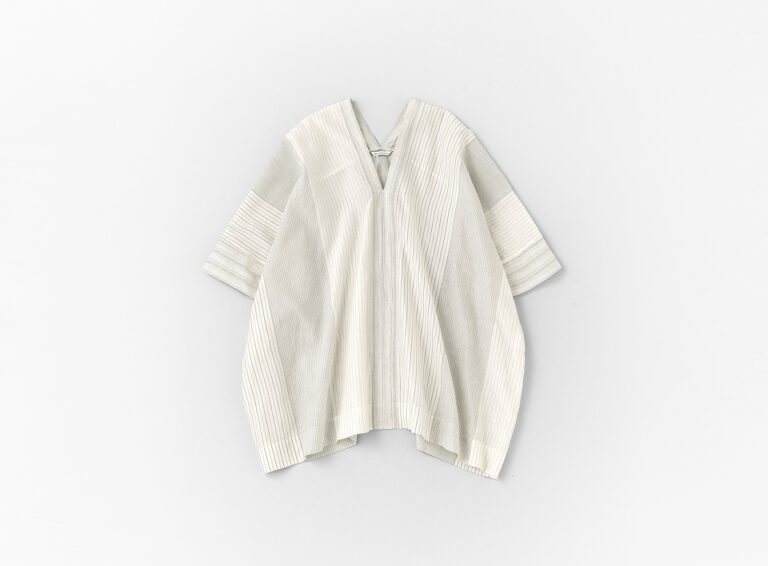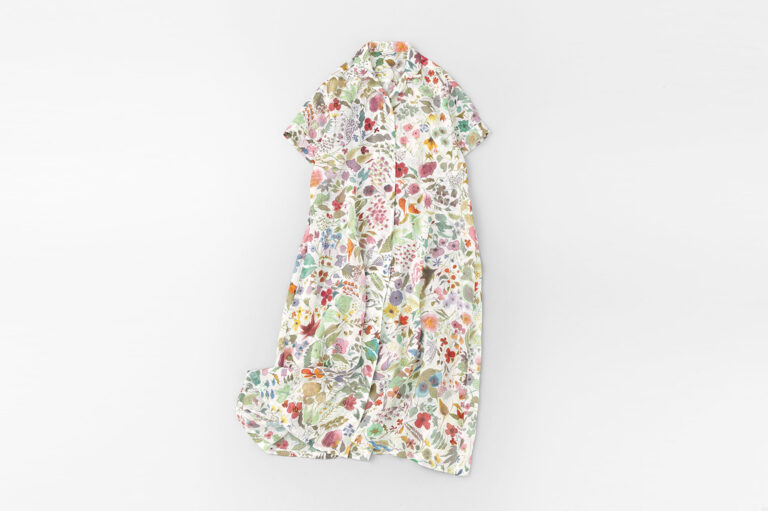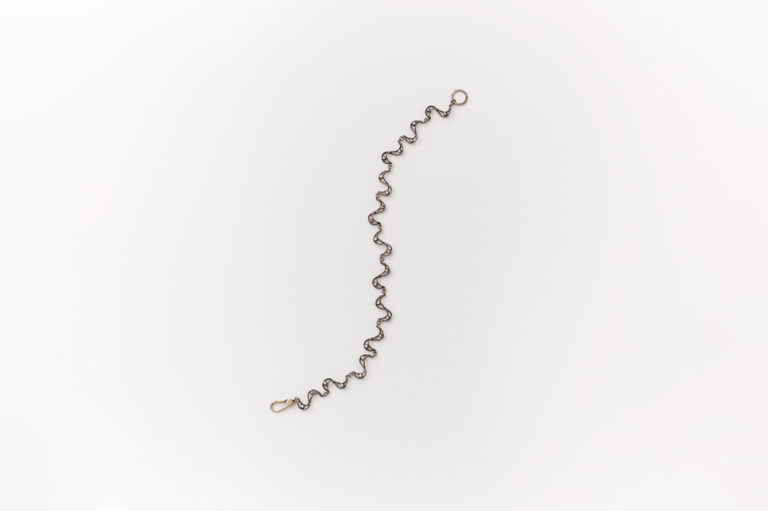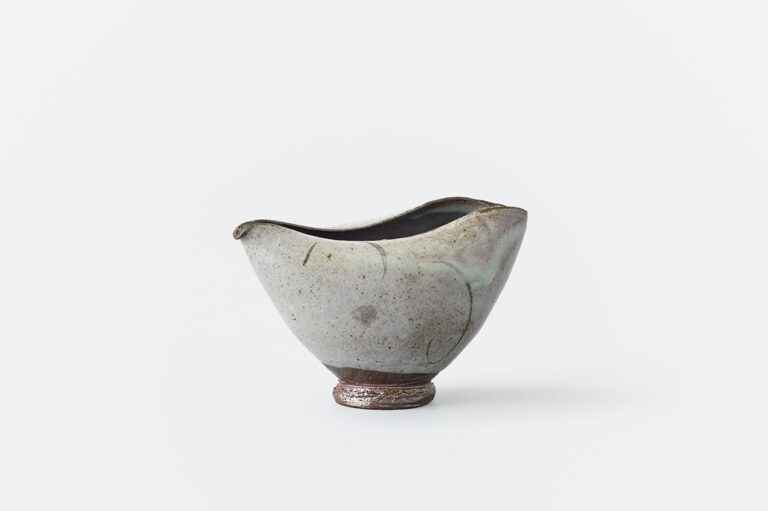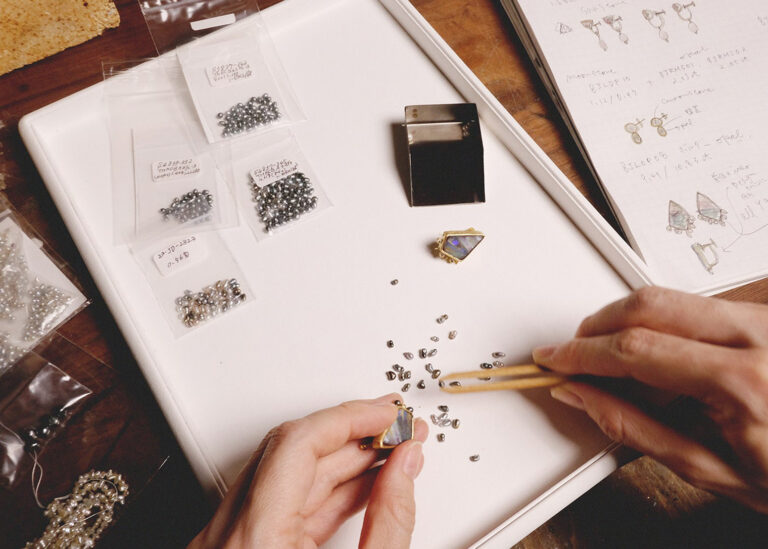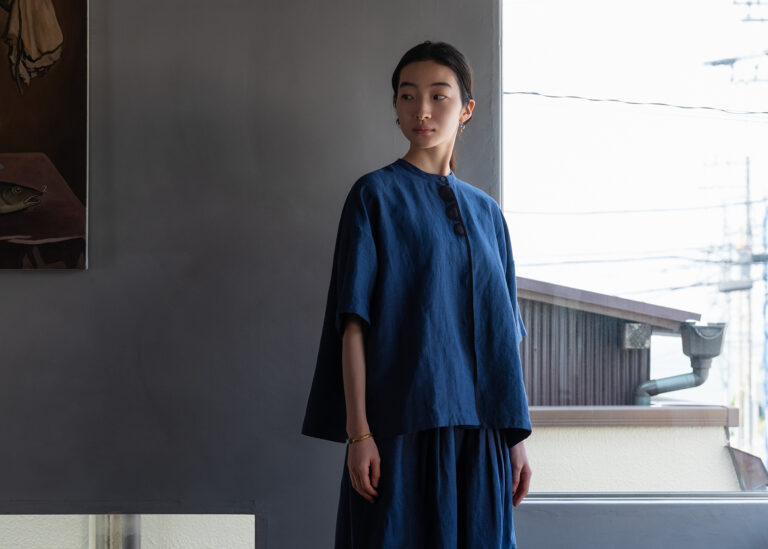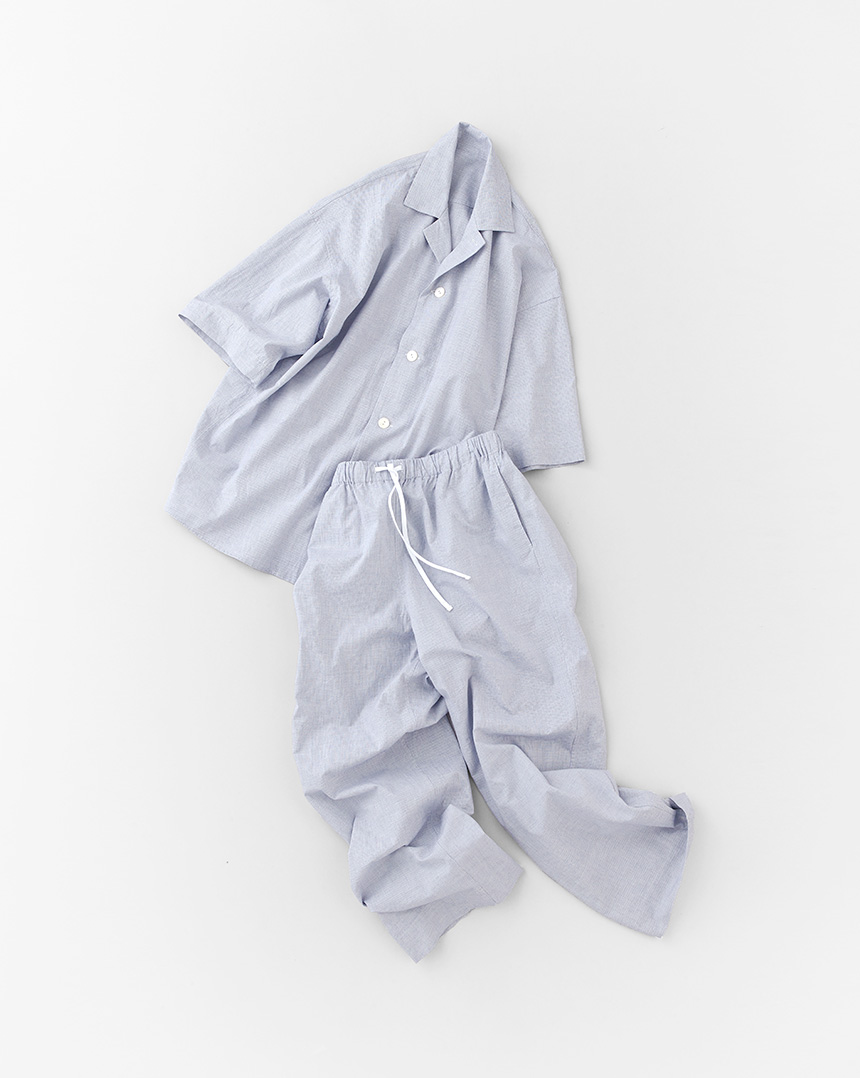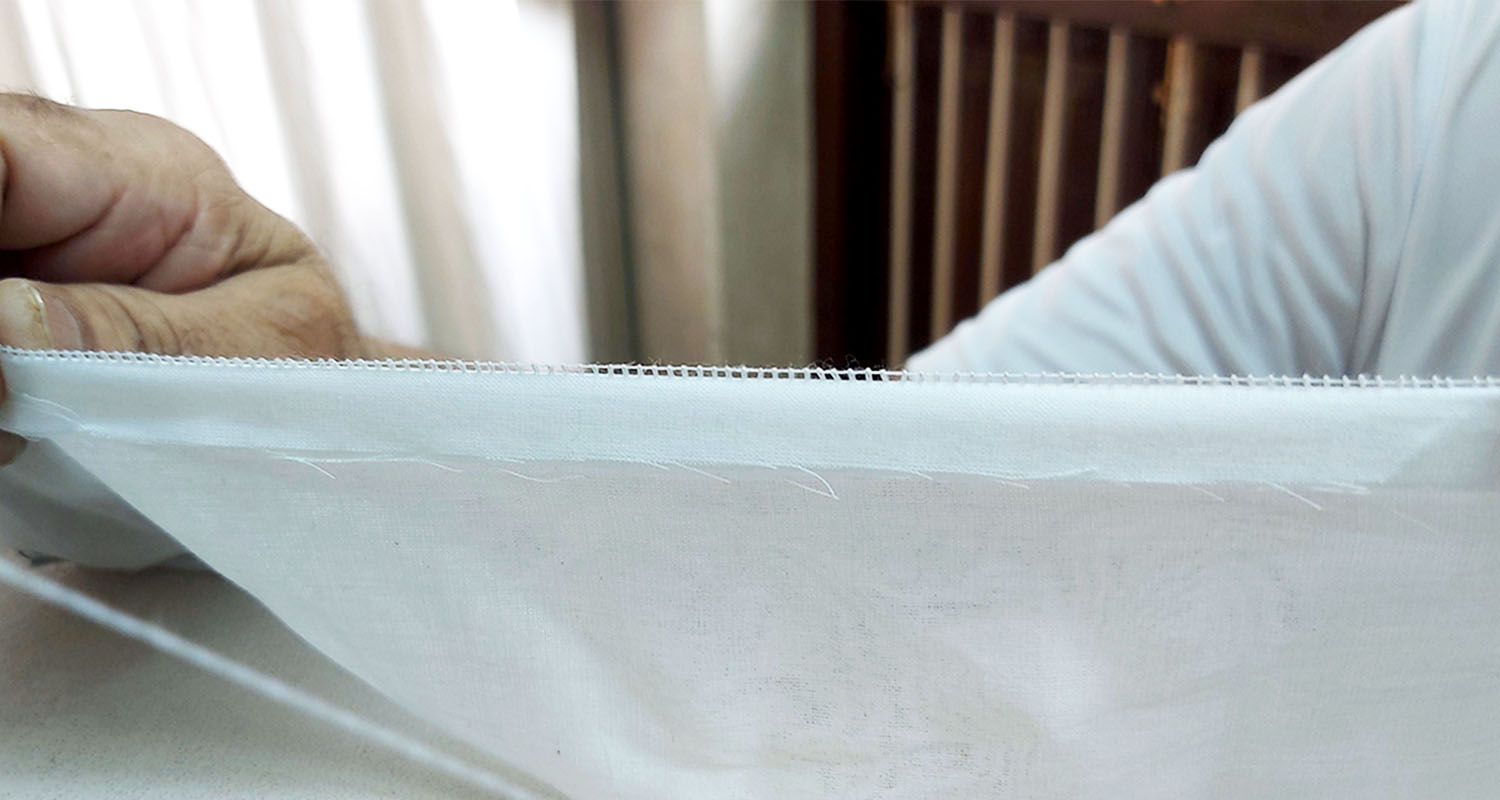
r a s a i – 2023SS Collection
Arts & Science is one of the few stores in the world to carry the renewed label from〈asiam studio〉 called, ‘r a s a i.’ The brand is based in India and has a reputation for high quality and a sustainable lifestyle and environment. The new 2023SS collection will be available at A&S Aoyama, A&S Marunouchi, A&S Kyoto and A&S Fukuoka starting Friday, June 16.
Founded in India in 1996 by two partners, asiam studio is a company that handles the entire production process of creating soft furnishings and clothing, from design and dyeing to sewing, and has collaborated mainly with established European brands. From 2018, the founder-designer began the process of renewing and developing the ‘r a s a i’ label, which was the starting point of the company. Since 2021, the founder-designer has proceeded with plans to create a new company, asiam studio living, to focus on various activities such as creating limited edition products and developing concepts. Asiam studio’s goals are to produce items with a universal appeal that enrich the lives of users. The conscious use of the back side of the fabric, making a reversible design is always one of the key factors to their clothing, and the variations of designs are always in mind to suit any age, gender, or body-type.
For this new 2023SS collection, ‘r a s a i’ will introduce single-piece dresses and blouses created for layering using Mulmul. Mulmul is an ultra-thin cotton fabric from India that is one of the staple materials of the fabrics used in ‘r a s a i.’
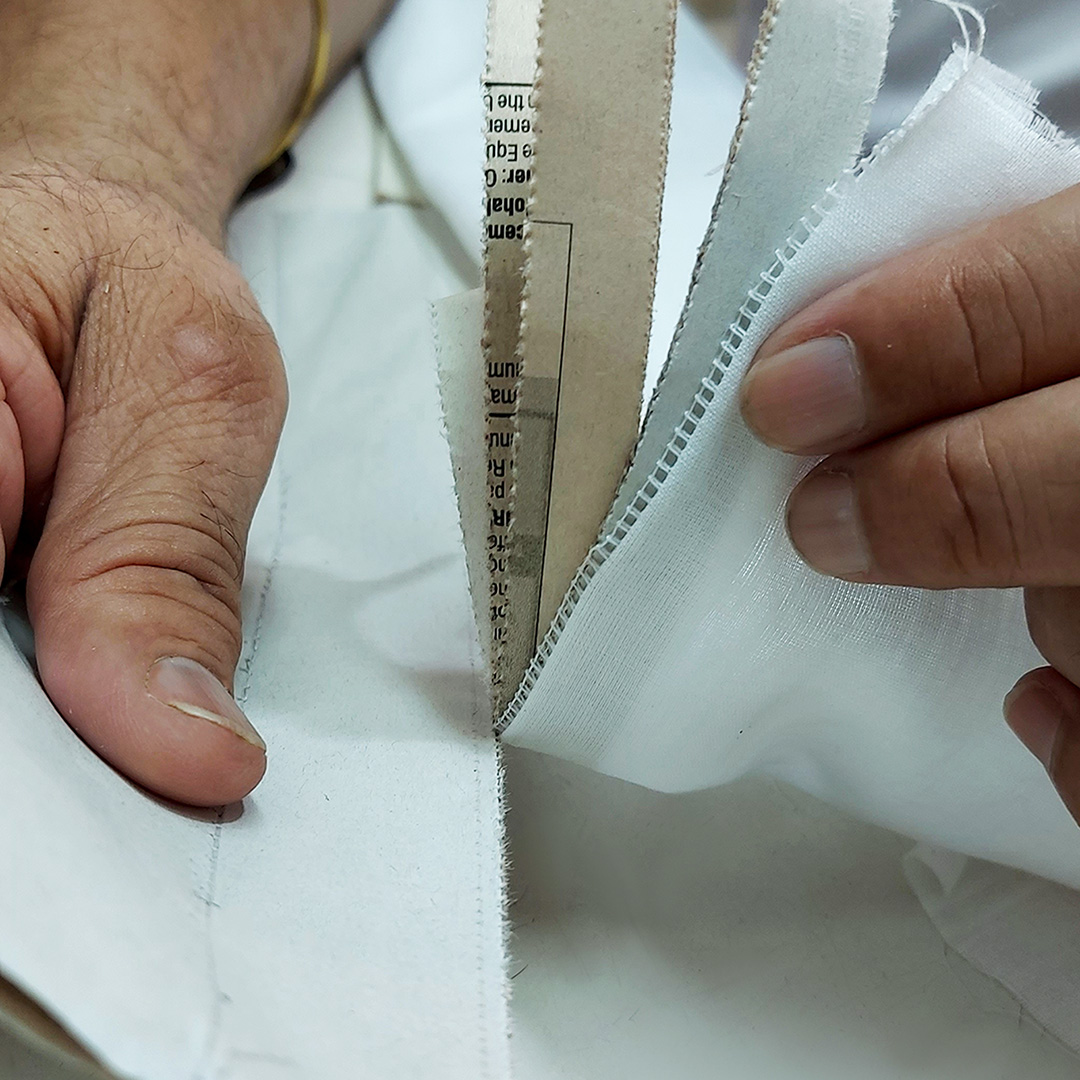
The openwork stitching on the seams, which an expression of all items made of this one-piece Mulmul, creates a nice air flow and is characterized by its lightweight appearance and comfort. This stitching technique used is developed at the same era hand embroidery called Chikankari was introduced to India as a culture of the Persian aristocracy of Mughal, where it was highly valued as a delicate and luxurious decorative style. The embroidery threads, which matches the color of the fabric, are skillfully placed on the surface of the painted cloth, and the woven threads are pulled apart to allow light to pass through the gaps, while the threads were layered to block out the light, creating a special fabric expression. It is believed that the origin of ‘openwork stitching’ was to express the beauty of the ‘openwork’ of Chikankari embroidery in the sewing seams. Over time, with the advent of the sewing machine, artisans who carried on the tradition of Chikankari embroidery began to use new methods to create this beautiful embroidery. The method involves sewing dozens of layers of recycled paper to make the fabric thicker, and then removing the paper to create gaps in the seams. Due to the extremely thin nature of the fabric, this skill requires special care and technique in cutting, sewing, and removing the paper. Please visit our store to see in person the colorful ‘r a s a i’ items made with this embroidery technique unique to India.
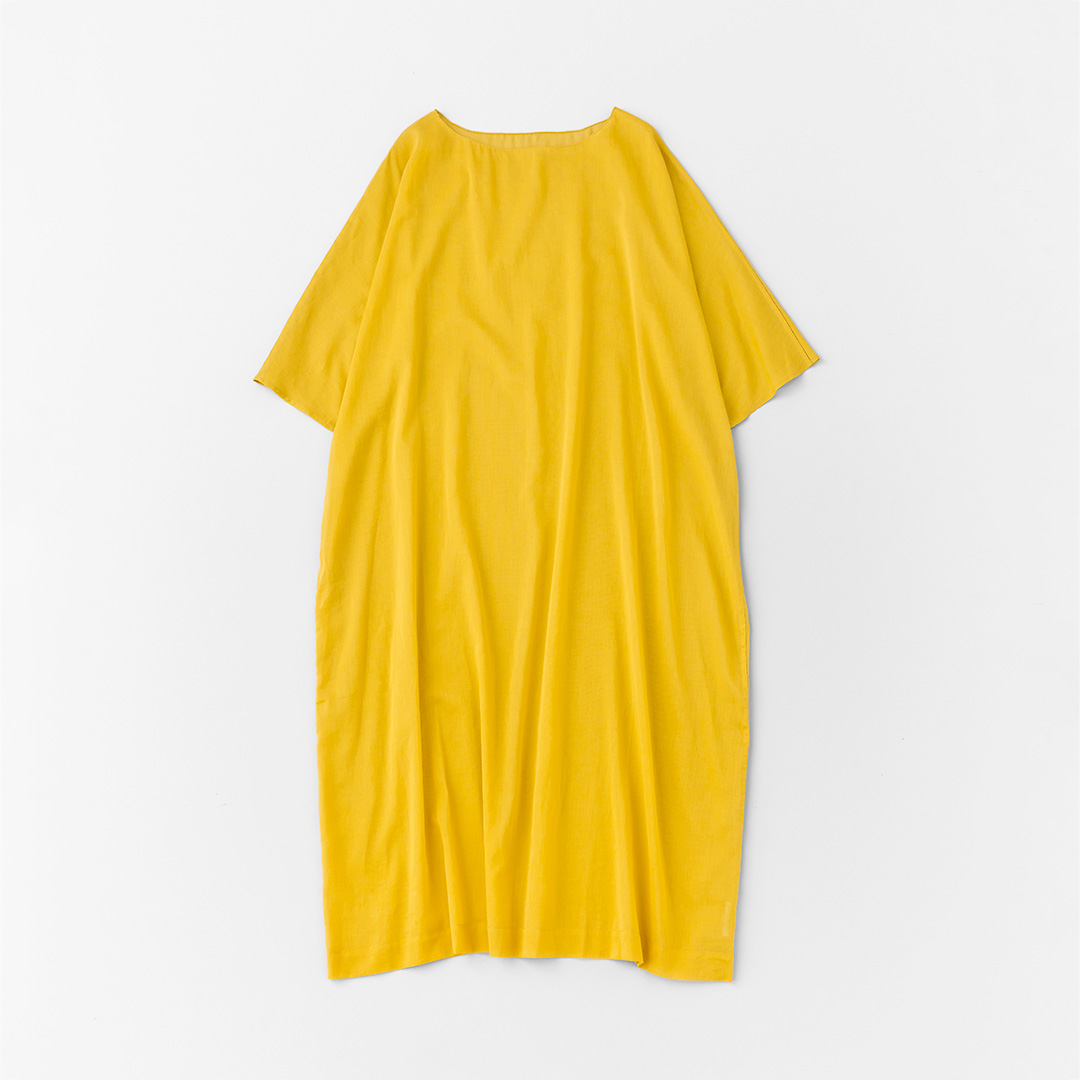
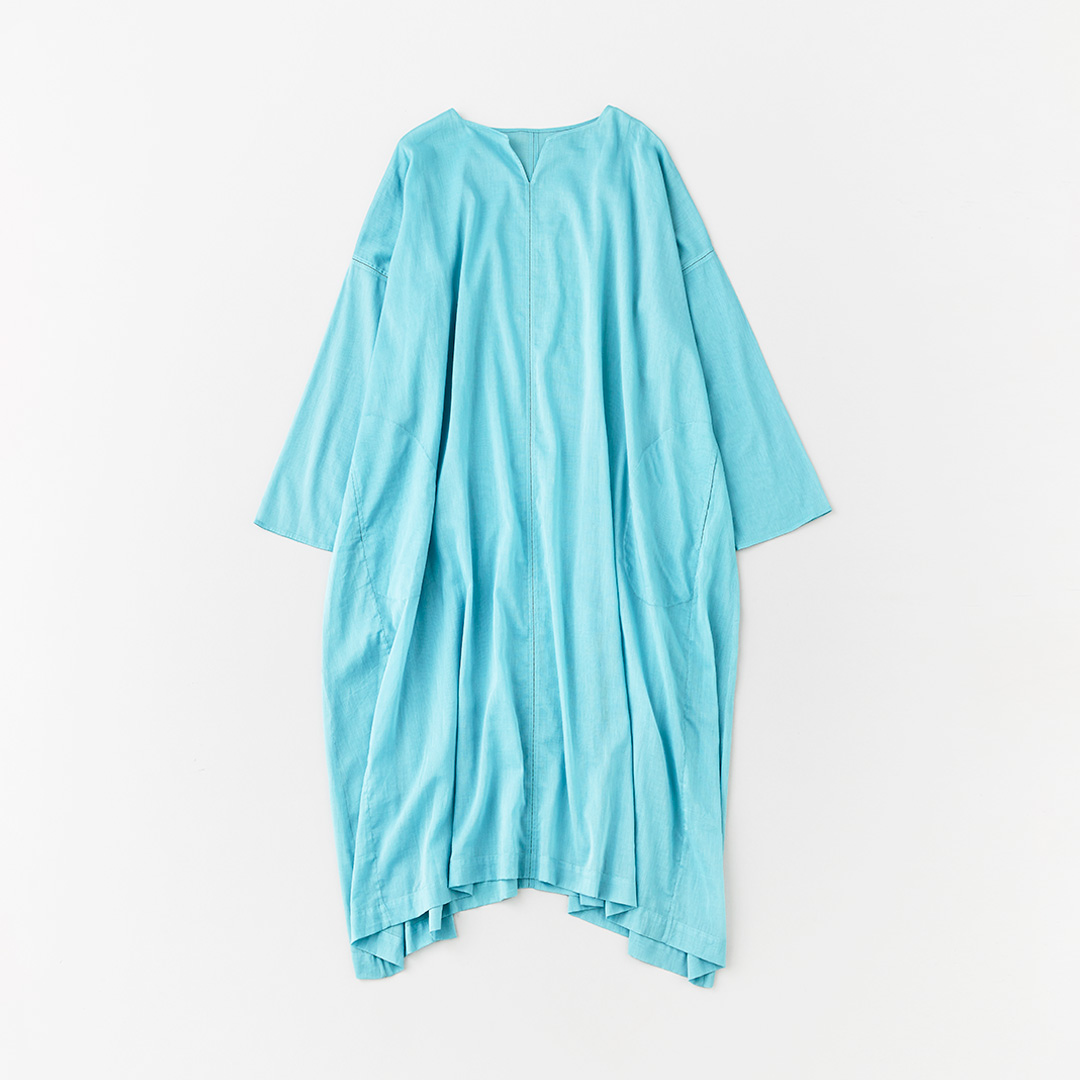
Mulmul
The Indian bed quilt “Razai” is the origin of the brand name, ‘r a s a i.’ The cotton wadding is gently wrapped in a cotton fabric called Mulmul and hand-sewn. Mulmul has historically been woven by the most highly skilled weavers in India. Also called, “woven wind,” this is an ultra-thin, soft and translucent cotton fabric with excellent breathability. Nowadays, the technique is close to becoming lost as power looms have taken over the majority of production in India, and this special attention and skill are not required when sewing in the modern way.

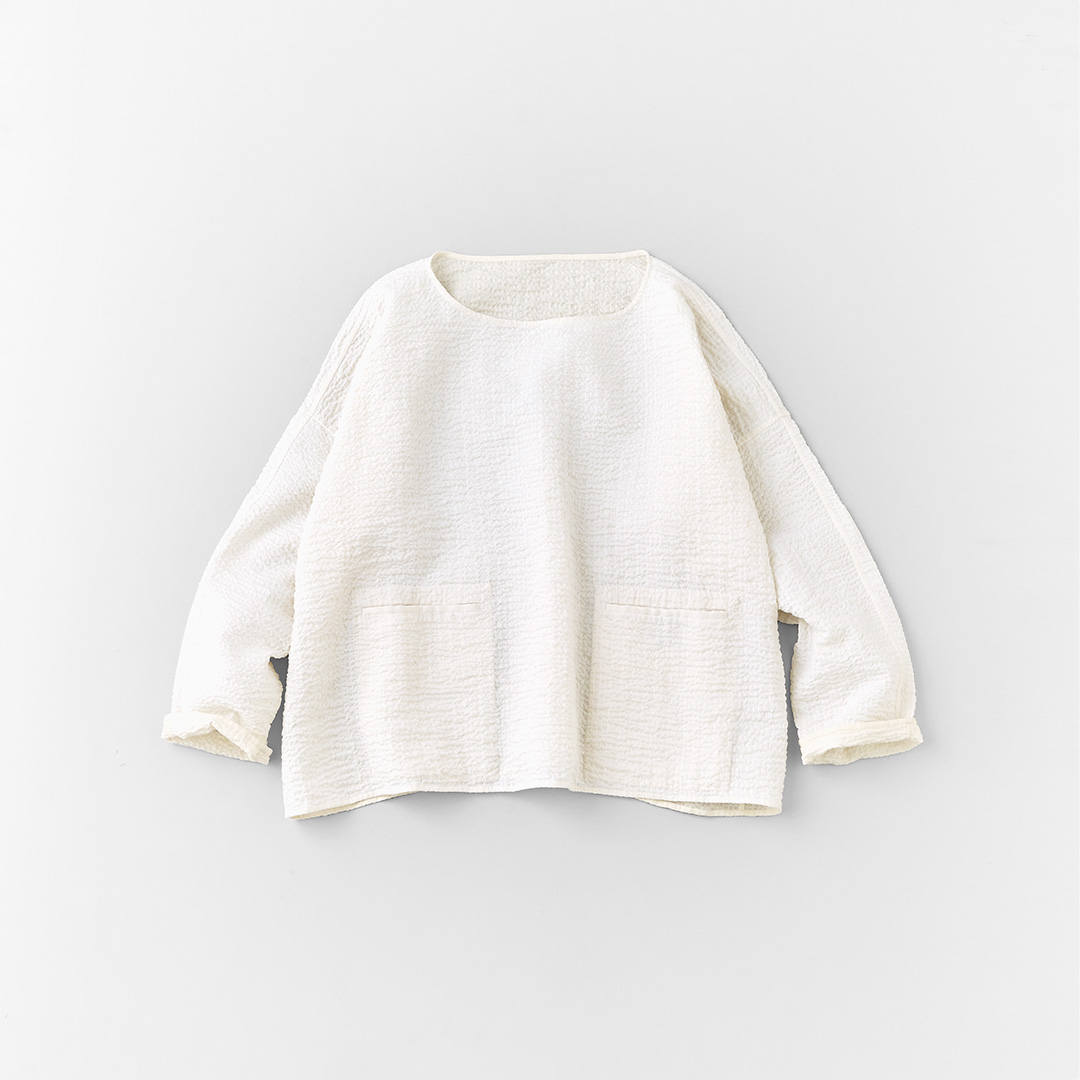

PROFILE
‘r a s a i’ is a line of clothing & home items. The brand name and concept are inspired by soft hand-stitched bed quilts treasured in India during winter months. ‘r a s a i’ embraces an adaptable style for all ages, body types, genders and cultures characterized by the reversible nature of the quilts, and their items often utilize both sides of the fabric in the collection’s design. Their items age gracefully over time. Arts & Science continues to present various categories of items from the ‘r a s a i’ collection in a seasonless cycle.
-
- BRAND
r a s a i
-
- SHOP
